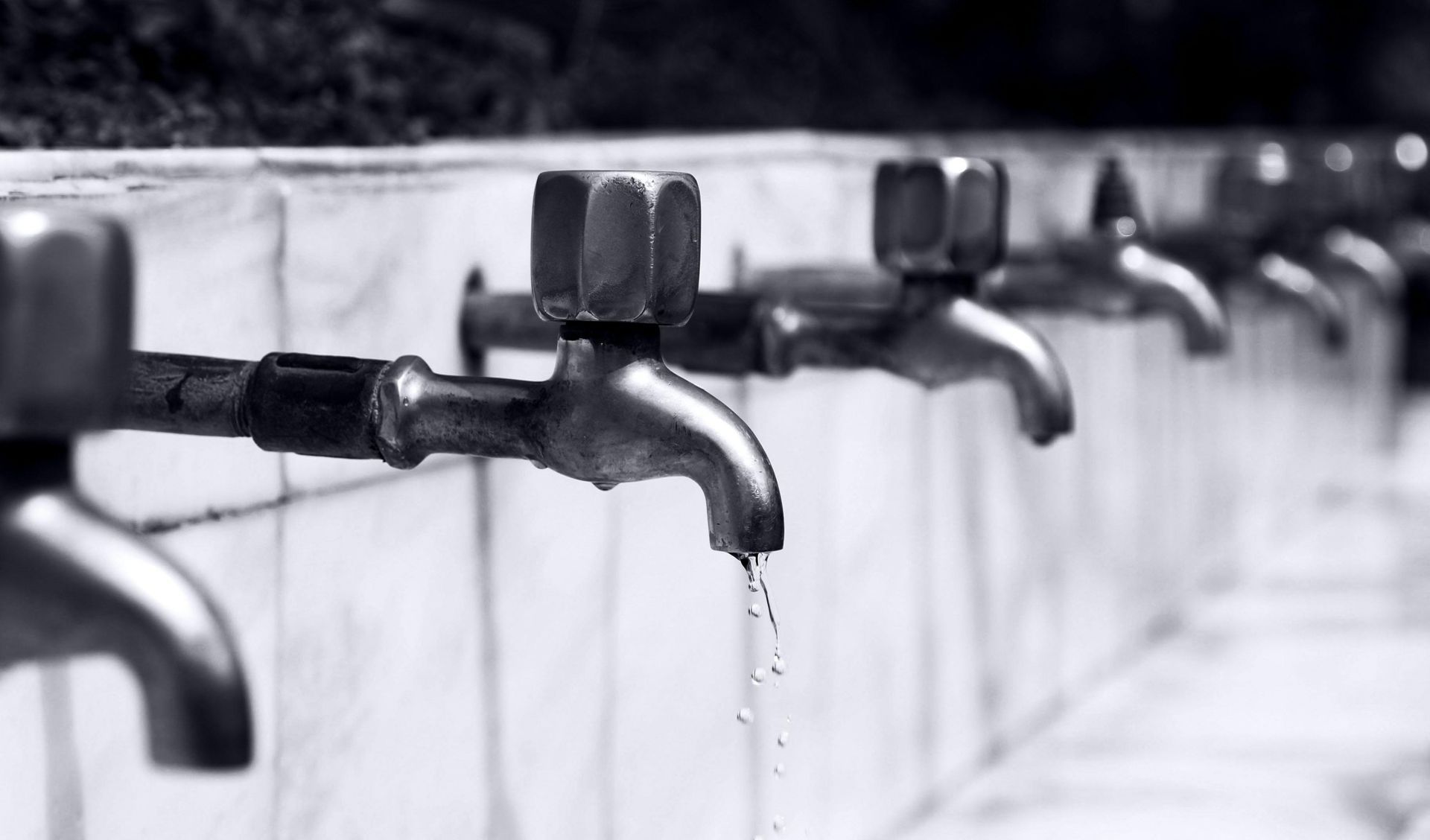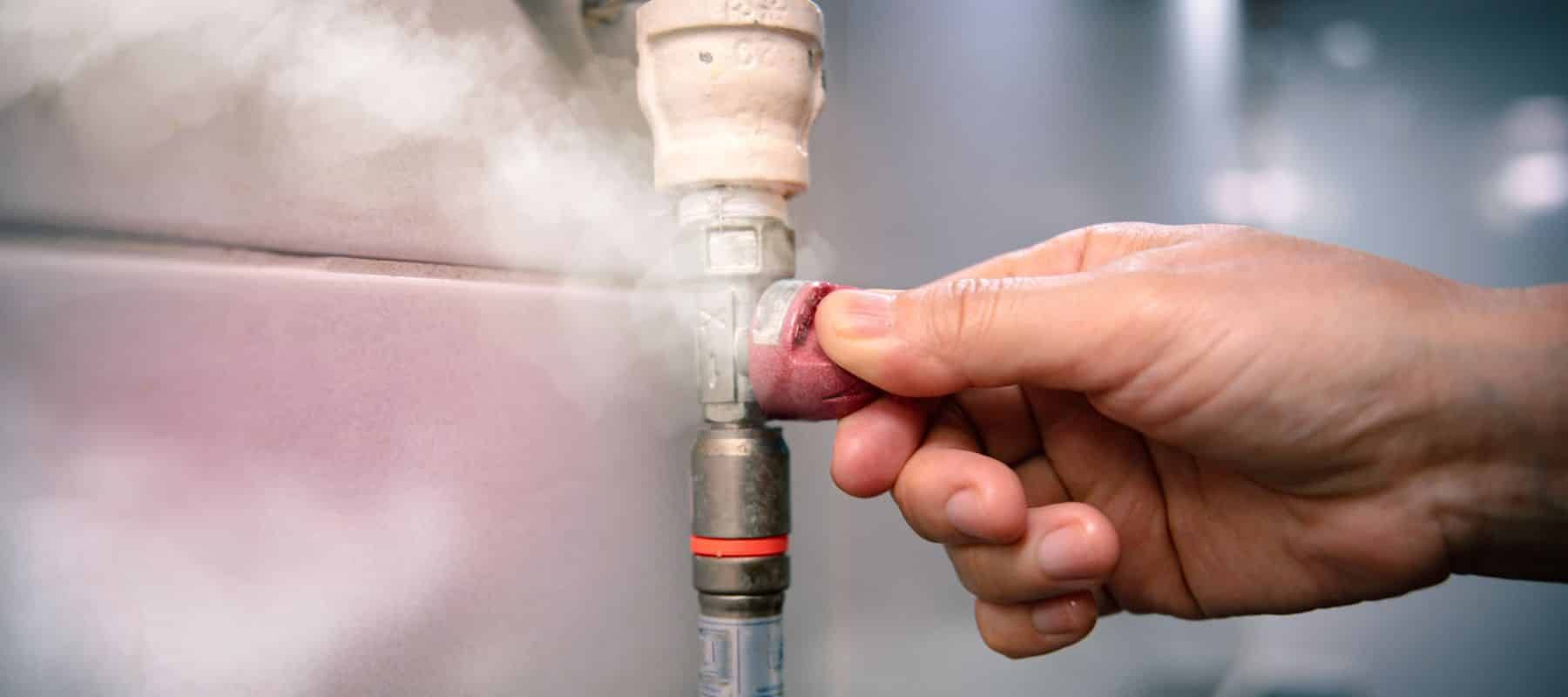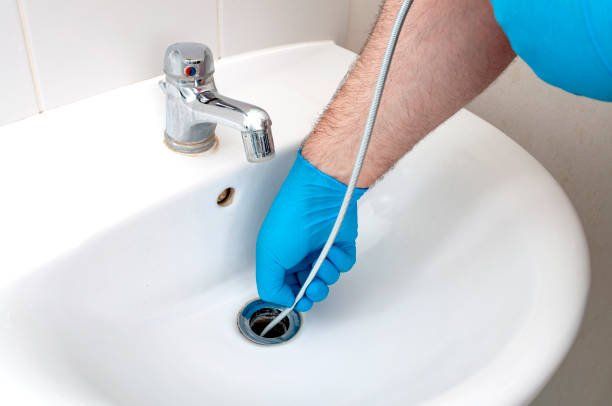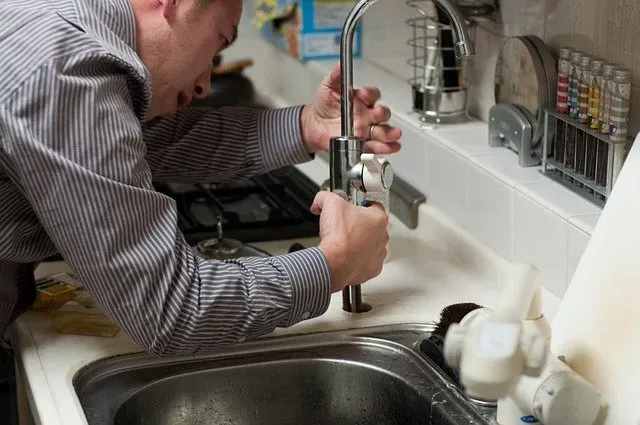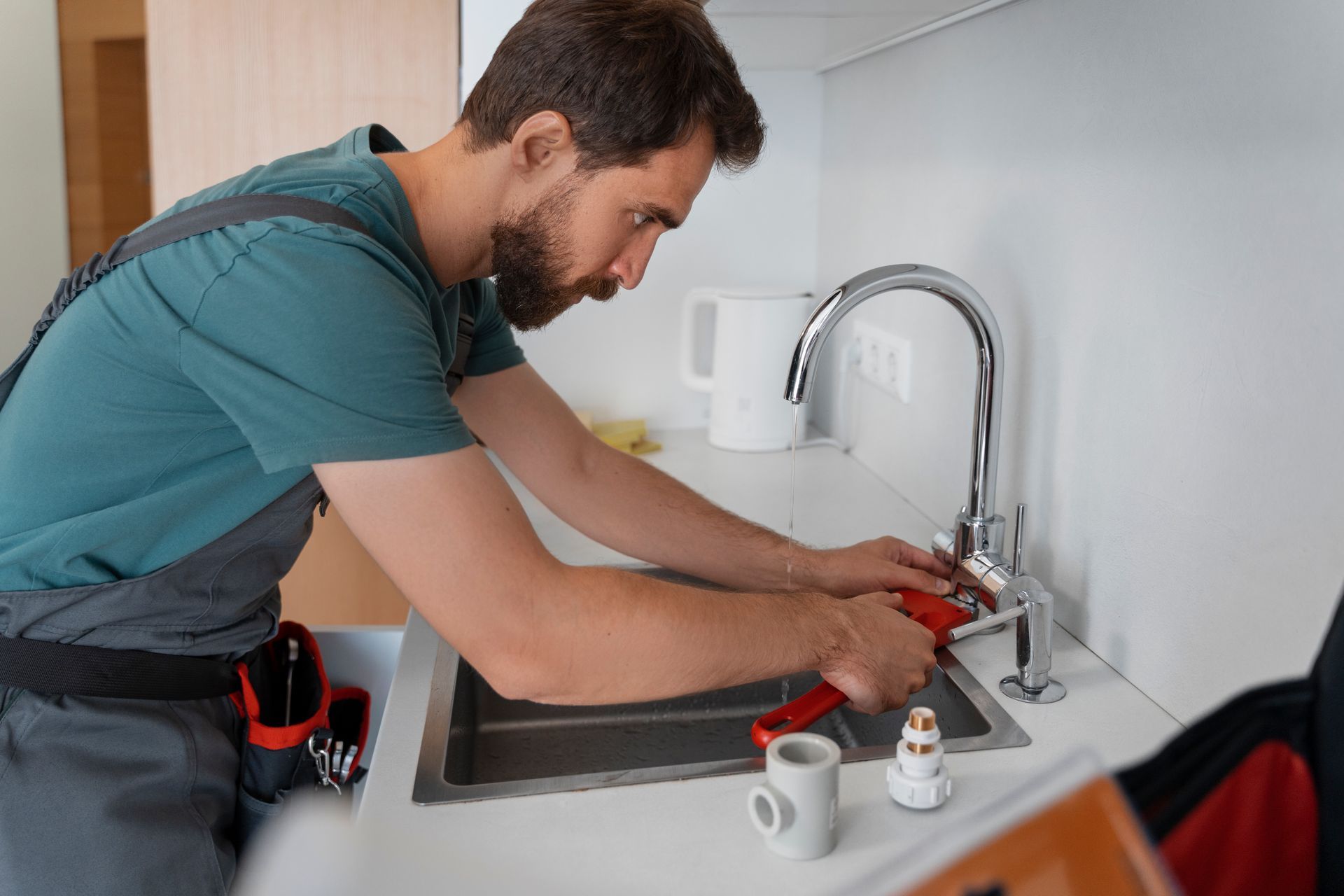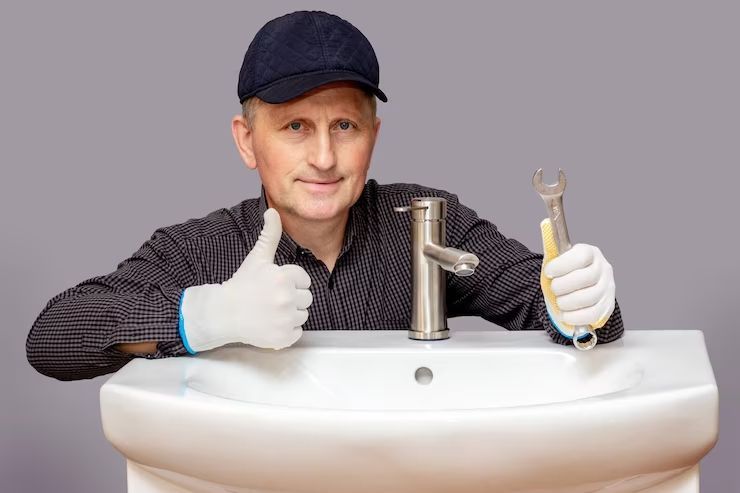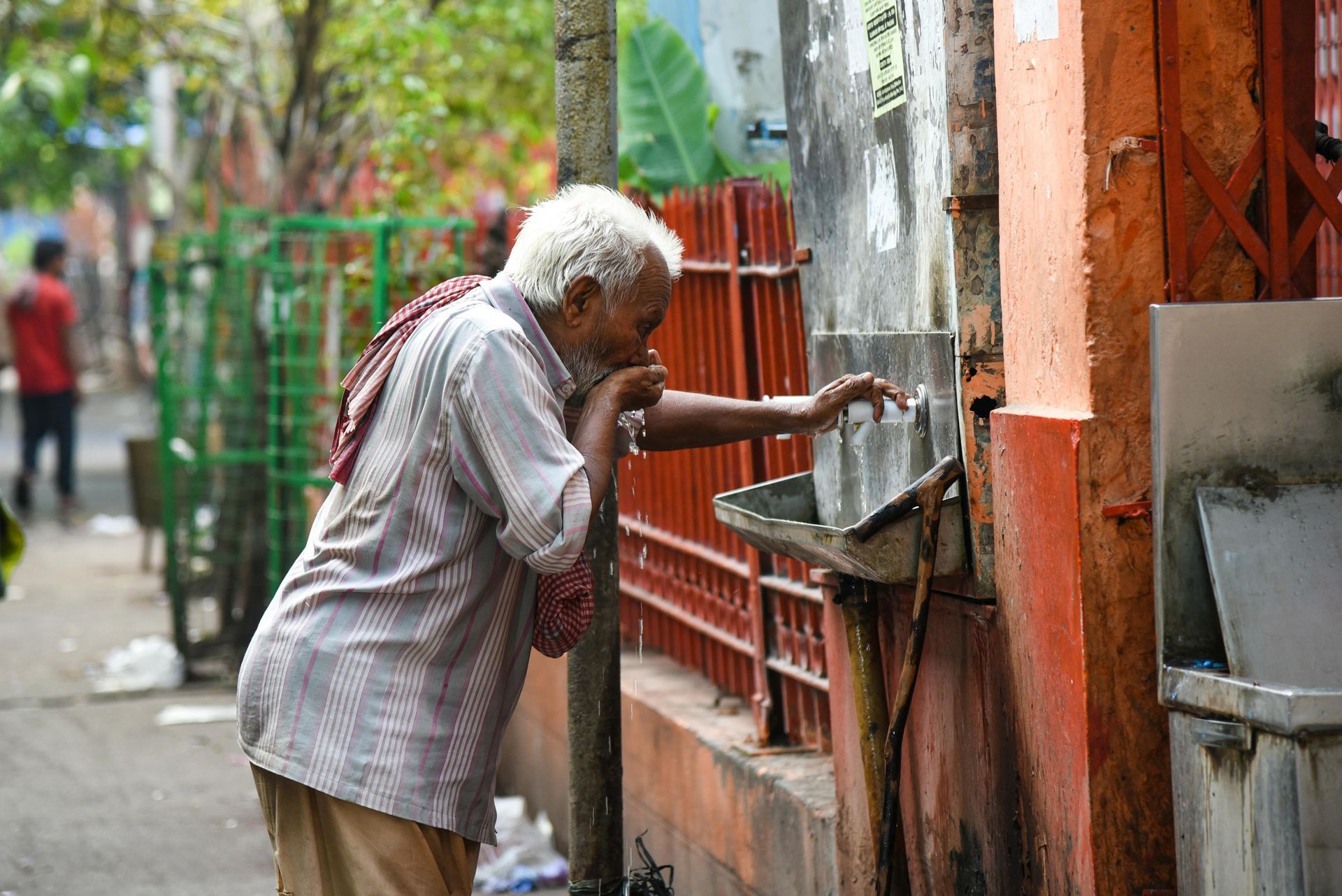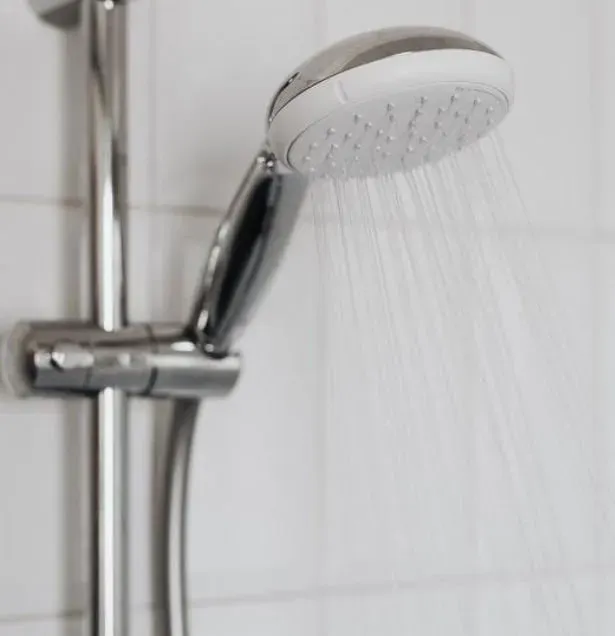How to Insulate Exposed Pipes for Energy Savings?
Properly insulating exposed pipes is a crucial yet often overlooked aspect of home energy efficiency. Not only does pipe insulation help reduce heat loss and lower utility bills, but it also protects your plumbing system from the risks of freezing, condensation, and premature wear. Whether you are a homeowner seeking to improve comfort or a facility manager looking for long-term savings, understanding the ins and outs of pipe insulation is essential. In this comprehensive article, we will explore the benefits, materials, step-by-step methods, and professional tips for insulating exposed pipes. We will also discuss related plumbing concerns such as expansion tanks, how insulation can help prevent clogs in your laundry room drains, and when to consult trusted professionals like All City Plumbers.
The Importance of Pipe Insulation
Exposed pipes, especially those running through unheated spaces like basements, crawl spaces, garages, and exterior walls, are vulnerable to temperature fluctuations. In winter, uninsulated pipes can freeze and burst, leading to costly water damage and emergency repairs. In heated areas, hot water pipes without insulation lose heat rapidly, forcing your water heater to work harder and consume more energy. Conversely, cold water pipes can sweat in humid conditions, causing moisture buildup that may lead to mold, corrosion, or slippery surfaces.
Insulating pipes is a proactive measure that not only saves energy but also extends the lifespan of your plumbing system. For homes with expansion tanks, proper insulation ensures that pressure fluctuations are managed efficiently, reducing the risk of water hammer and other plumbing stresses.
Choosing the Right Insulation Material
Selecting the appropriate insulation material is vital for achieving optimal results. The most common types of pipe insulation include foam tubes, fiberglass wraps, and rubber sleeves. Foam pipe insulation is easy to install and provides excellent thermal resistance, making it ideal for both hot and cold water lines. Fiberglass insulation, often with a vapor barrier, is suitable for high-temperature pipes and areas prone to condensation. Rubber insulation offers flexibility and durability, especially in environments with frequent temperature changes.
When choosing insulation, consider the pipe diameter, location, temperature range, and exposure to moisture. For outdoor or underground pipes, ensure the insulation is rated for exterior use and protected from UV rays and pests.
Step-by-Step Guide to Insulating Exposed Pipes
1. Preparation and Safety
Begin by turning off the water supply if necessary and clearing the area around the pipes. Clean the pipe surfaces to remove dust, grease, or moisture, as this will ensure proper adhesion and fit of the insulation. Wear gloves and safety glasses, especially when handling fiberglass materials.
2. Measuring and Cutting
Measure the length and diameter of each exposed pipe section. Cut the insulation material to the required lengths using a sharp utility knife or scissors. For elbows, tees, and valves, use pre-formed insulation fittings or carefully notch and miter the insulation to fit snugly around bends and joints.
3. Installation
Open the pre-slit foam or rubber insulation along the seam and slip it over the pipe. For fiberglass wraps, spiral the material around the pipe and secure it with tape or wire. Ensure that all seams are tightly closed and sealed with appropriate tape, such as foil or duct tape, to prevent heat loss and moisture intrusion. Pay special attention to joints, corners, and fittings, as these are common points of energy loss.
4. Securing and Inspecting
After installing the insulation, double-check that there are no gaps, compressions, or exposed areas. Secure the insulation at regular intervals with tape or cable ties. For pipes running near heat sources or electrical wiring, maintain proper clearance as recommended by local codes.
5. Special Considerations
If your plumbing system includes expansion tanks, insulate the connecting pipes while leaving the tank itself accessible for inspection and maintenance. Proper insulation helps the system absorb pressure changes more efficiently, reducing wear on both the tank and the pipes.
Additional Benefits: Preventing Clogs and Moisture Problems
Insulating pipes does more than save energy; it can also help prevent clogs in your laundry room drains. When cold water pipes sweat due to condensation, the resulting moisture can attract lint, soap residue, and debris, leading to gradual buildup and blockages. By keeping pipes dry and at a stable temperature, insulation minimizes condensation and helps maintain clear, free-flowing drains.
Furthermore, reducing condensation protects surrounding building materials from mold and rot, contributing to a healthier indoor environment.
Professional Tips and When to Call All City Plumbers
While many homeowners can successfully insulate pipes as a DIY project, certain situations call for professional expertise. Complicated layouts, hard-to-reach areas, or the presence of hazardous materials like asbestos require specialized handling. If you encounter persistent moisture problems, recurring clogs, or suspect hidden leaks, consulting a licensed plumber is the best course of action.
All City Plumbers offers comprehensive pipe insulation services, including assessment, material selection, and expert installation. Their team can also inspect your plumbing system for related issues, such as the need for expansion tanks or advanced solutions to prevent clogs in your laundry room drains. Professional insulation not only guarantees energy savings but also provides peace of mind that your home is protected year-round.
Maintenance and Long-Term Savings
After insulating your pipes, perform periodic inspections to ensure the insulation remains intact and effective. Look for signs of wear, moisture intrusion, or pest damage, and replace any compromised sections promptly. Well-maintained insulation can last for many years, delivering ongoing energy savings and reducing the risk of costly repairs.
Conclusion
Insulating exposed pipes is a smart investment that pays dividends in energy efficiency, plumbing longevity, and home comfort. By choosing the right materials, following best installation practices, and addressing related concerns like expansion tanks and drain maintenance, you can protect your property from temperature extremes and moisture problems. When in doubt, rely on professionals like All City Plumbers to ensure your insulation is done right. Remember, proactive steps today can help prevent clogs in your laundry room drains, safeguard your plumbing system, and deliver lasting savings for years to come.

